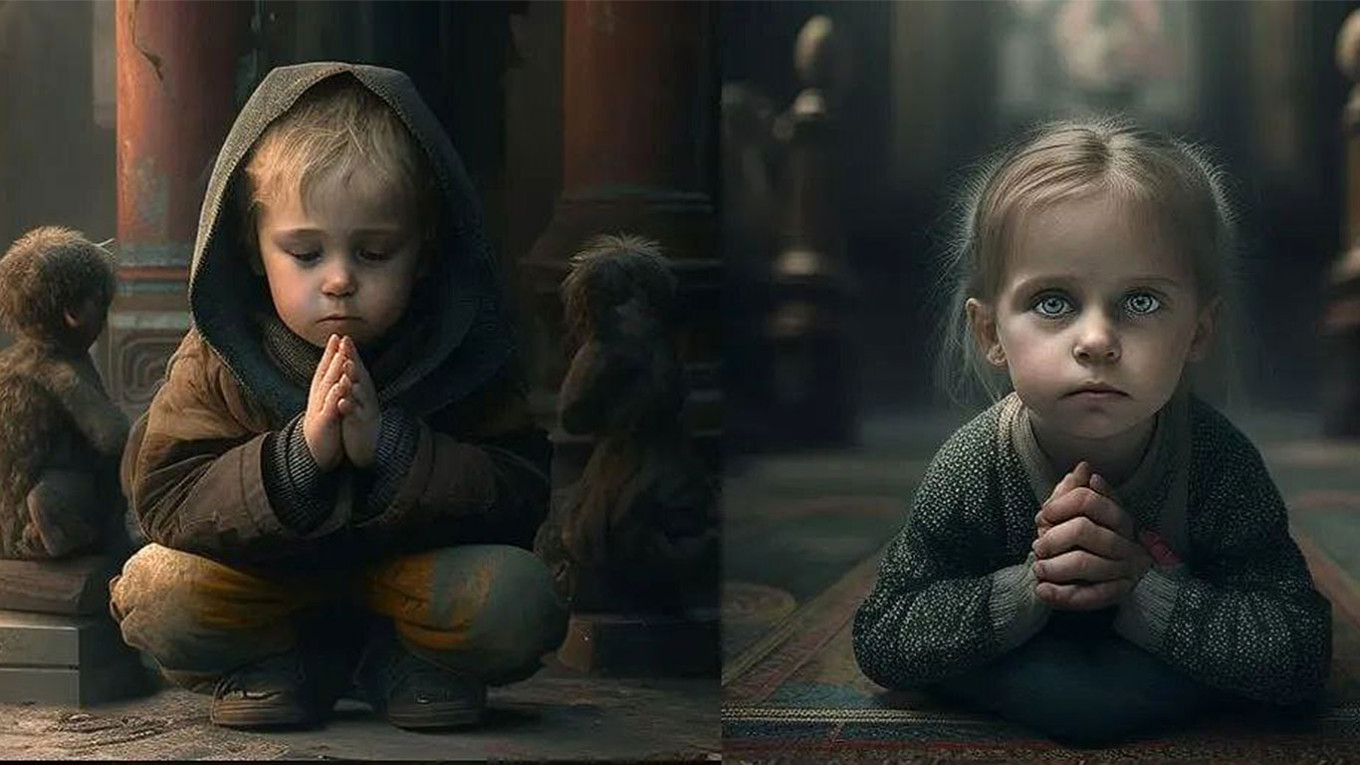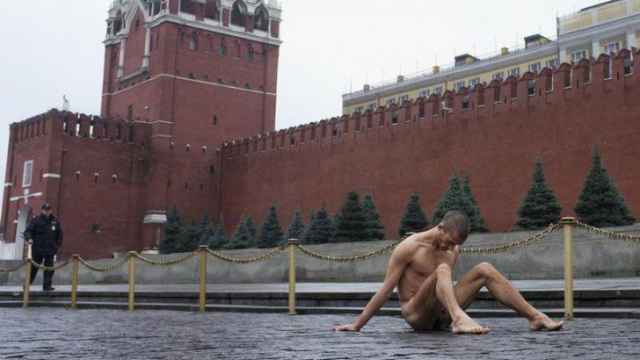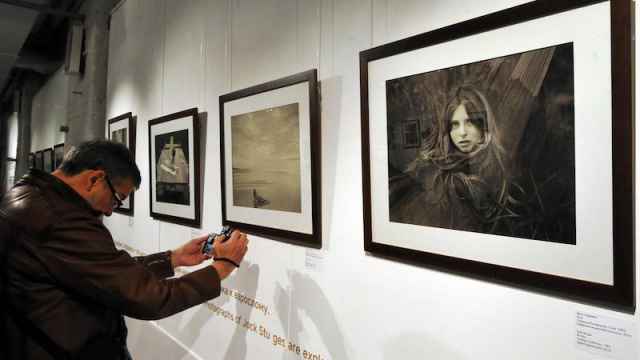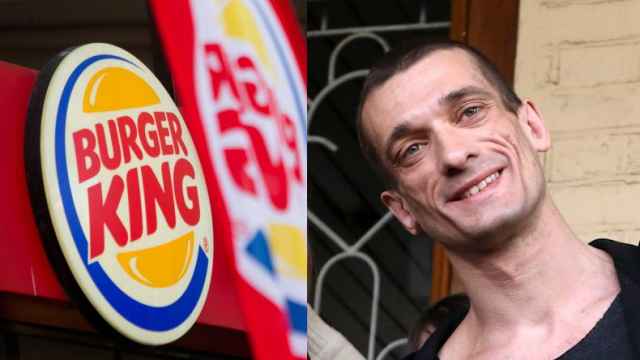Vladimir Kuznetsov is an artist who protests in his work in Russia today. A former journalist and activist in Penza, a city about 600 km (325 miles) to the southwest of Moscow, he is now working on a storytelling project called “1,000 Faces — 1,000 Words.”
“I had different motivations for starting the project, and one of them was that I’d had amnesia in 2019. To get out of a state of emptiness I had to remember my life and memories anew. Remembering was very frightening and painful, but for this reason, the issue of memory is important to me. It is very revealing what people remember, and what place love occupies in their lives. To parents, to relatives, to the world, to oneself,” Vladimir Kuznetsov told The Moscow Times.
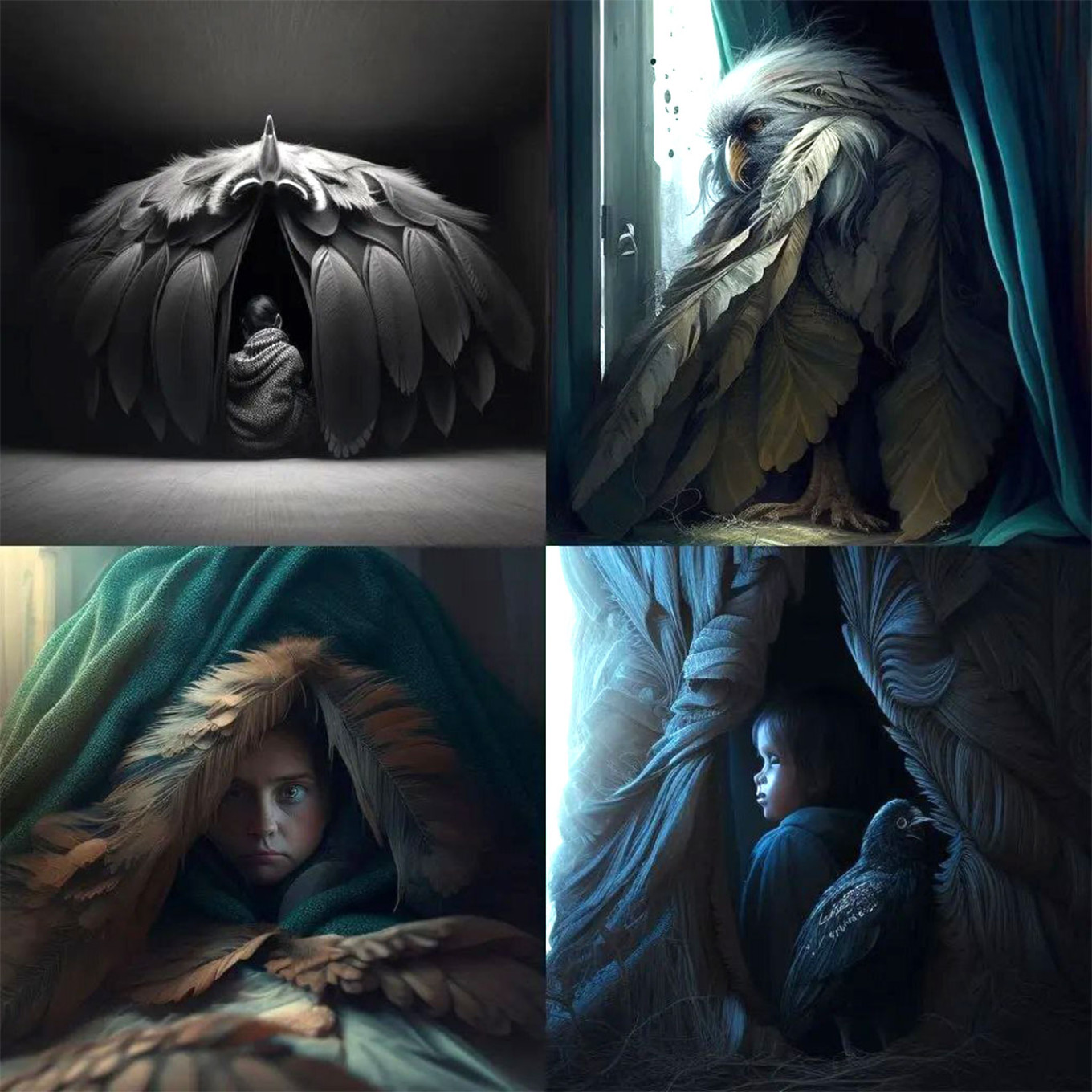
When he was working on his earlier project “100 People Answer Questions,” he saw that people needed the same things, only they called them by different names, and sometimes they didn’t share their wishes with the people closest to them. They might need love and peace of mind but couldn’t ask for it. “The ‘1,000 Faces — 1,000 Words’ project is my way to find inner reconciliation. Internal reconciliation is extraordinarily important and relevant, especially in the current situation, because crippled souls need to be healed.”
For this project, Vladimir Kuznetsov talks to different people, asking them about the same questions, and then publishes their stories on social media. He tries to write down not only what people said, but also what they didn’t say. To some extent these stories are partly about him, because he tries to understand himself and his place in life through them.
One day he spoke with Kristina from Dnepr, who talked about how the war in Ukraine had changed her life. She began to live just for today, save money for some terrible event that night occur and feel guilty about people forced to flee Mariupol, Zaporozhye and other places. And she stopped speaking to relatives in Russia. She asked Vladimir why he decided to get involved and express his opinions about the war. “Once you betray yourself, it’s hard to be alone,” he said.
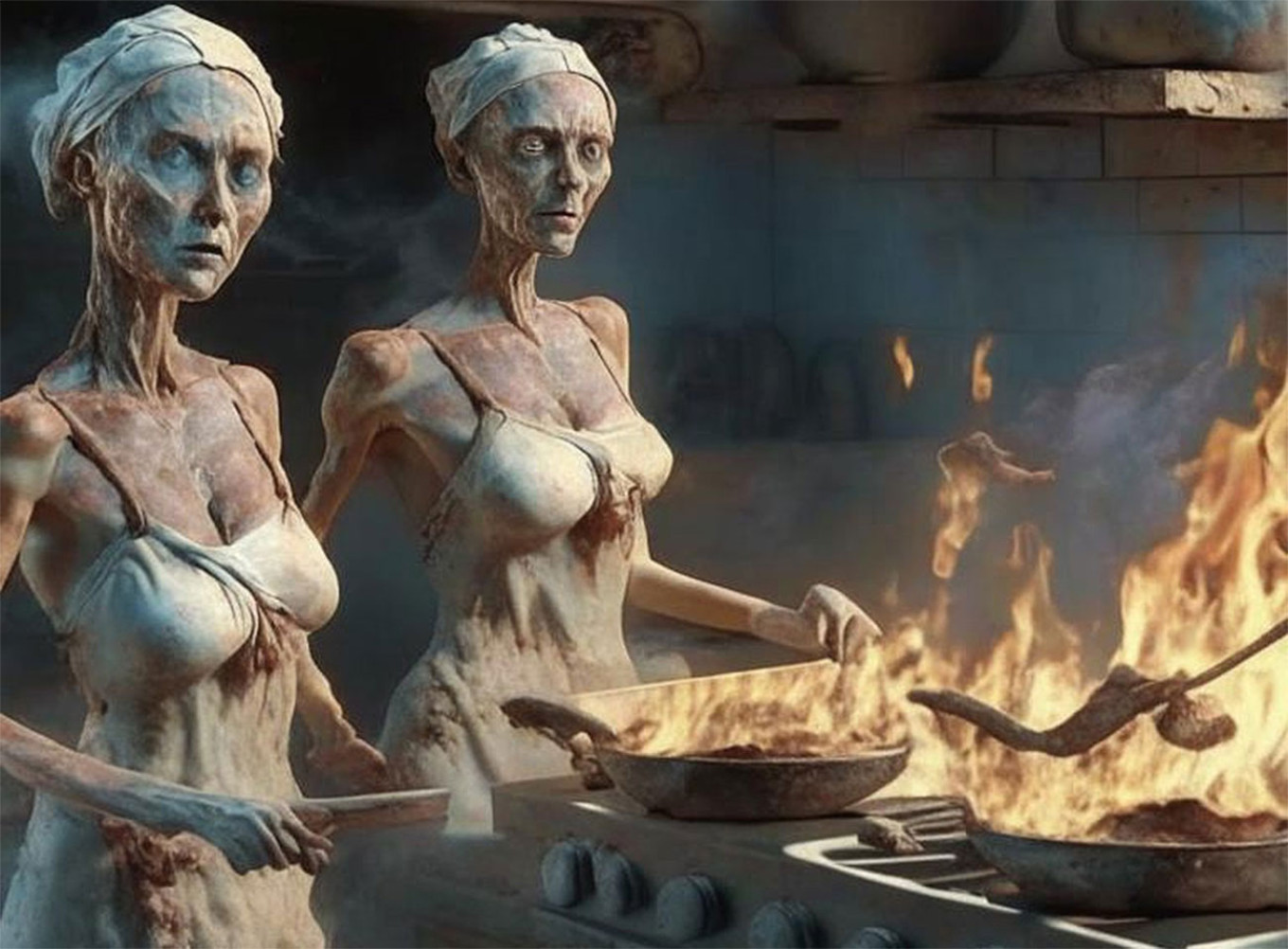
At present there are about 140 stories. Vladimir Kuznetsov plans to divide the 1,000 stories into three parts and release them as books, although he first needs to secure additional funding. He would also like to turn each story into a painting that he “lets his neural network” create. Then he’d like to exhibit them, but that will take time.
Vladimir says his stories are not about the war. They are about love. “Sometimes it seems to me that if there was not a war, it wouldn’t change this work. I wouldn’t want the war to be the essence – the leitmotif — or the main idea of my project. War is terrifying and insane, but it is not forever. All wars eventually end. And people will need to heal their souls. I believe that art can help with this. Art must not be silent.”
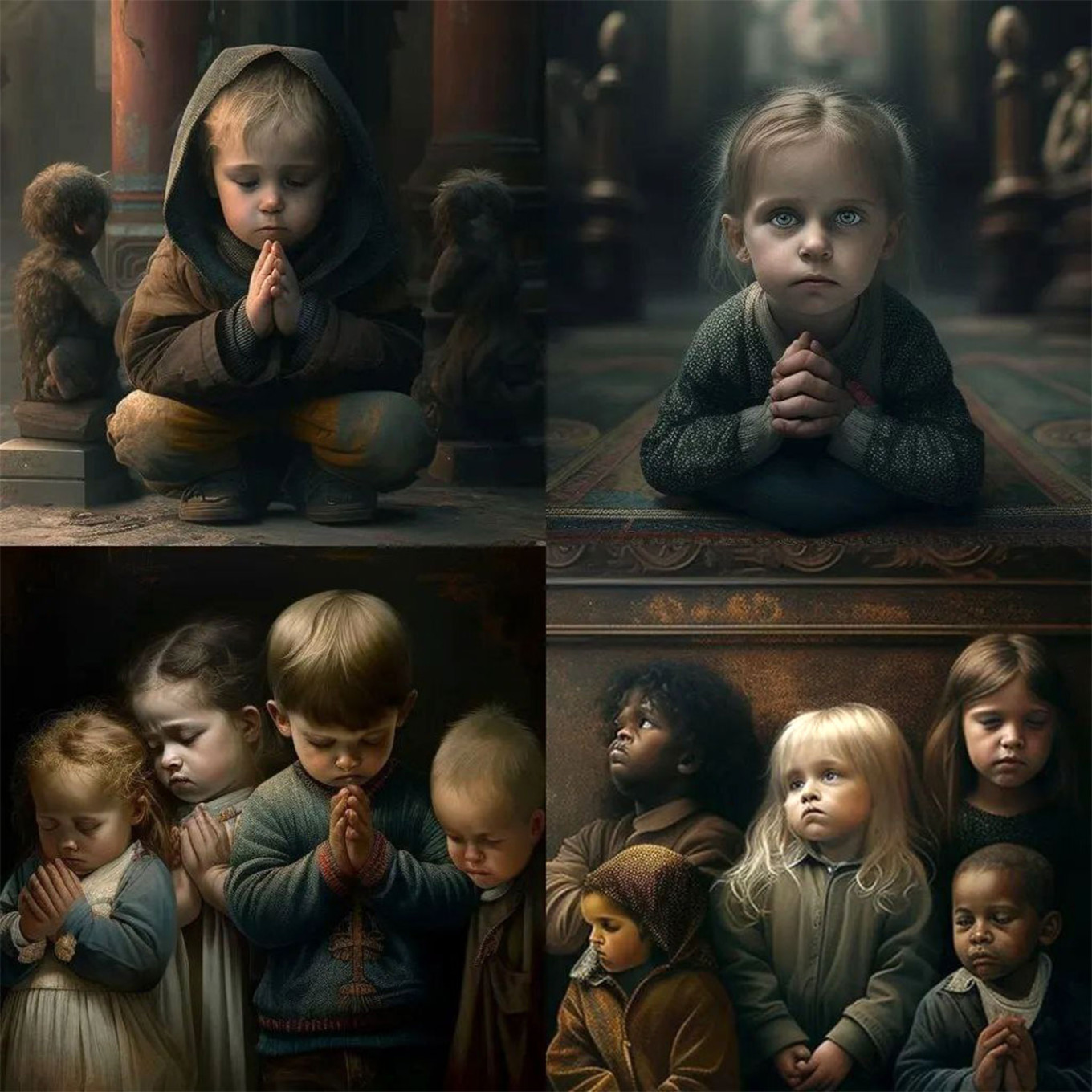
A Message from The Moscow Times:
Dear readers,
We are facing unprecedented challenges. Russia's Prosecutor General's Office has designated The Moscow Times as an "undesirable" organization, criminalizing our work and putting our staff at risk of prosecution. This follows our earlier unjust labeling as a "foreign agent."
These actions are direct attempts to silence independent journalism in Russia. The authorities claim our work "discredits the decisions of the Russian leadership." We see things differently: we strive to provide accurate, unbiased reporting on Russia.
We, the journalists of The Moscow Times, refuse to be silenced. But to continue our work, we need your help.
Your support, no matter how small, makes a world of difference. If you can, please support us monthly starting from just $2. It's quick to set up, and every contribution makes a significant impact.
By supporting The Moscow Times, you're defending open, independent journalism in the face of repression. Thank you for standing with us.
Remind me later.


